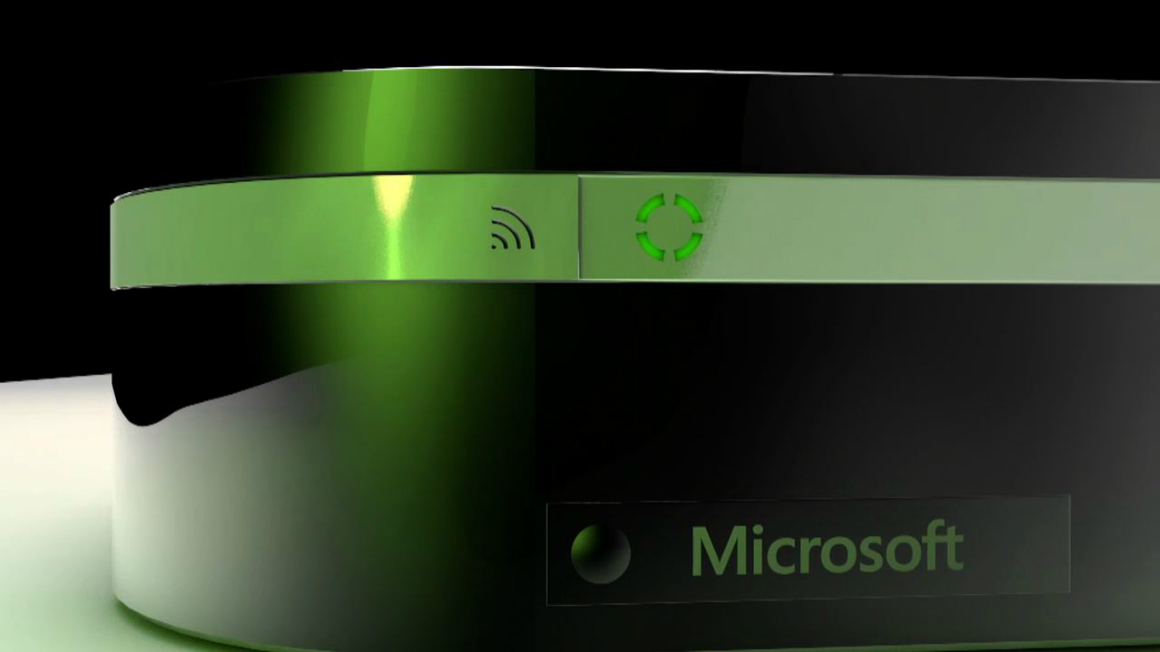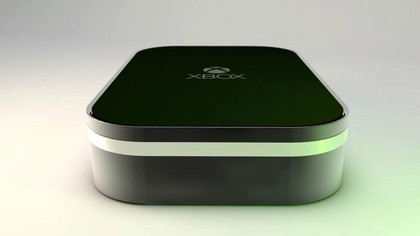10 ways the Xbox 720 can win the next gen
TechRadar's ten-point plan

Sign up for breaking news, reviews, opinion, top tech deals, and more.
You are now subscribed
Your newsletter sign-up was successful
Considering the number of rumours about the new Xbox circling around right now, we're considering changing April to Xbox-ril here at TechRadar. And as the stories have come flooding in, the gaming community has been unsurprisingly vocal in letting us know how it feels.
Until now, word has been that the new Xbox will have a feature that would make it only playable online, while saying goodbye to backwards compatibility and - though this third one's the least likely – blocking the use of old games.
Now a new batch of rumours point to Microsoft releasing not one but two consoles. While the devices will be connected to the net all the time, the main unit won't need to be online to play local games. Good news, if it's true.
As Xbox 720 is the subject of such heated speculation right now, we thought we'd put forward our own ten-point manifesto - with added opinion from some fellow tech journos - to suggest how Microsoft could unveil a winner when it finally unveils its new console on - allegedly - May 21.
- The future has arrived! Read our Xbox One review

1. By beating Apple to the punch
Apple might not be gunning for the gaming market directly - though the smartphone has itself risen to gaming glory - but Cupertino is showing signs that it wants to dominate our living room space with the much-rumoured Apple iTV.
Microsoft knows this, and if the latest bunch of rumours about its XTV media service are to go by, it considers Apple just as much a contender right now as Sony.
But the idea of having to buy a second device - aka the Xbox Mini - to get full Xbox functionality isn't hugely compelling.
Sign up for breaking news, reviews, opinion, top tech deals, and more.
According to sources speaking to the Verge this week, the Mini is a box that passes a cable box signal through the Xbox via HDMI, with the Xbox UI overlaying the TV.
If Microsoft wants to to be our one-stop media shop, it's going to need to offer the full media experience at a reasonable price and without any of the faff.
And if XTV is good enough Microsoft could already be in charge of the living room space by the time Apple rolls in. We'd certainly rather use Kinect than that rumoured iRing to control our media viewing.
2. With less waiting, more playing
"Good news - loading screens are a thing of the past! But you will have to sit through a ten-minute update almost every time you want to play online."
Thanks, but no thanks. One big thing we like about what we've heard about the PS4 so far is the promise of less hanging around, allowing gamers to start playing titles before they've even finished downloading.
The big frustration right now, as found on services like Steam, is how often if feels like "updating" is our most-played game.
If the new Xbox is going online then updates need to be kept to an absolute minimum, and always in the background.
3. By keeping the controller
Whether the Xbox 360 or the Playstation 3 has the better controller has been the source of fanboy baiting for years.
It was particularly interesting that Sony chose to show off the PS4's controller at its PS4 unveiling in March while keeping the actual unit a secret.
It just went to show how important the gamepad is to users. But whichever way you swing it, there's no denying that the current Xbox 360 controller is perfectly crafted.
So it's safe to assume we'll get the same again, right? Well, not necessarily. The goliath handset of the console's predecessor showed us that Microsoft is happy to take a few risks that don't always pay off.
We ask that this time round it doesn't. It's found a winner in its current controller - let's keep it that way.

Hugh Langley is the ex-News Editor of TechRadar. He had written for many magazines and websites including Business Insider, The Telegraph, IGN, Gizmodo, Entrepreneur Magazine, WIRED (UK), TrustedReviews, Business Insider Australia, Business Insider India, Business Insider Singapore, Wareable, The Ambient and more.
Hugh is now a correspondent at Business Insider covering Google and Alphabet, and has the unfortunate distinction of accidentally linking the TechRadar homepage to a rival publication.